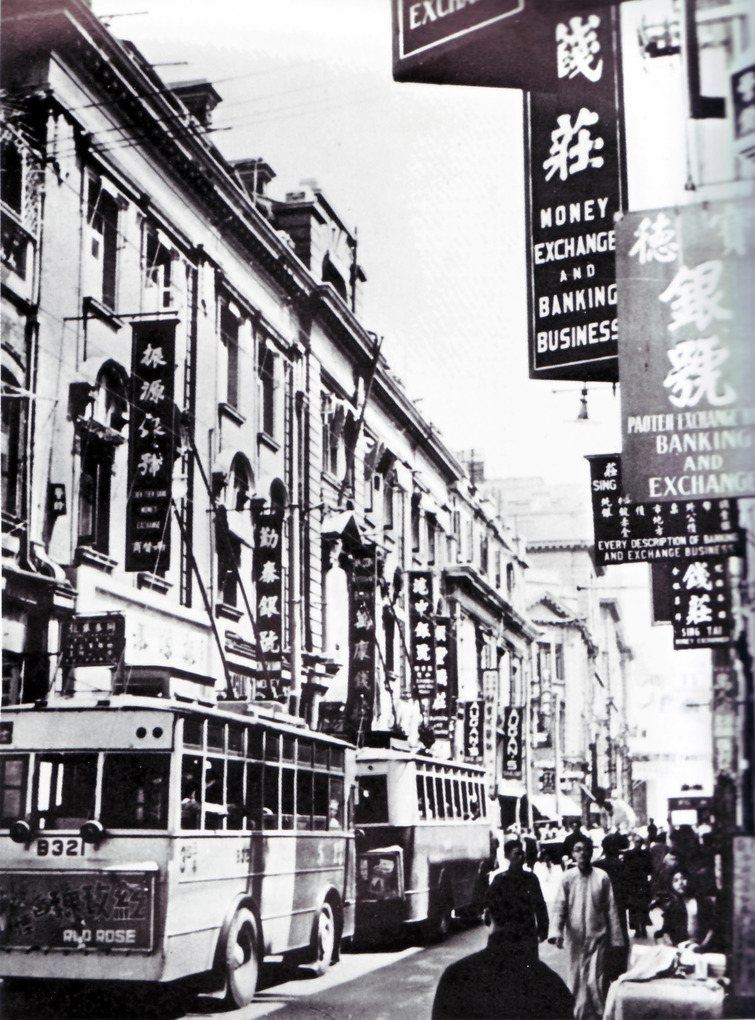“Report to the Port of Shanghai Readjustment Commission”
June 12 1947 Shanghai

Mr. Alois Suchochleb, his wife Anna and their two daughters “are the chief of one gang of estaffettes who steal metals, motorcar accessories, and also arms. (…) Sometimes they take [a]long with them a Japanese police dog, which they received from the Japanese Gendarmerie after V.J. Day [Victory over Japan Day].” The goods are collected in Suchochleb’s room during the week, carried away in the weekend mostly night time. The pilfered goods “go to certain Communists’ quarters in town who collect stocks for any eventuality.” (…) This confidential report “may give you the opportunity, by careful investigation, to nab the whole gang, it would create quite a sensation in town.” [signature:] “Observer”
A very well written report in English can be found in the ‘Shanghai Police Department’ subfolder (Q131,上海市警察局) of the folder that collects the ‘Republican Era Files’ (民国时期档案) in the SMA (Municipal Archives). It is composed almost like an essay, with a proper introduction and a “hook” that draws the reader in, on how “pilfering” is such a profitable business in the city “these days”. Then it goes on describing how the whole Czech family sneaks out every night the same time after 9 pm to collect all kinds of miscellaneous items. Our “Observer” seems to know the motivation of the Suchochlebs: they needed to cover their high rent that their music shop on 269 Kiangse Road couldn’t provide for. By their shady business “they made a very large fortune in the pilfering business for more than one year” writes the informant.

Where do they get these things from? – we might wonder. Are these stuff just lying around on the streets of postwar Shanghai? Even if the roads were “cleaned up” two years after World War Two ended, there must have been an underground economy, a black market that operated with participants wanting to make money. No to mention the “certain Communists’ quarters in town” to whom the thread appears to lead. Let’s not forget: Shanghai besides being the birthplace of the CCP, wasn’t in the hands of Mao’s comrades until the 1949 victory of the People’s Liberation Army over the Guomindang troops. So, the other issue that preoccupied the municipal leadership even more than the world of smugglers and racketeers must have been that of conspiring Communists.

Shanghai Telephone Directory [and Buyer’s Guide] (1947), p. 131.
Well, Mr. Suchochleb indeed seemed to own a music store as the contemporary telephone directory and college journals (“The Shanghai” of Shanghai University) both mention it. Whether the allegations of his denouncer were true or not, cannot be decided at this point having no more material at hand. One thing seems to be certain though, that he did have an enemy that had some writing skills too.
Leave a Reply
You must be logged in to post a comment.